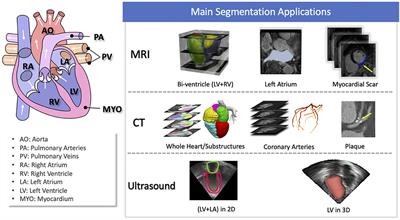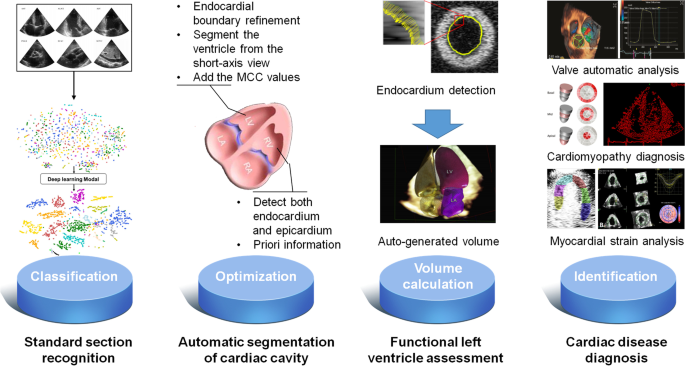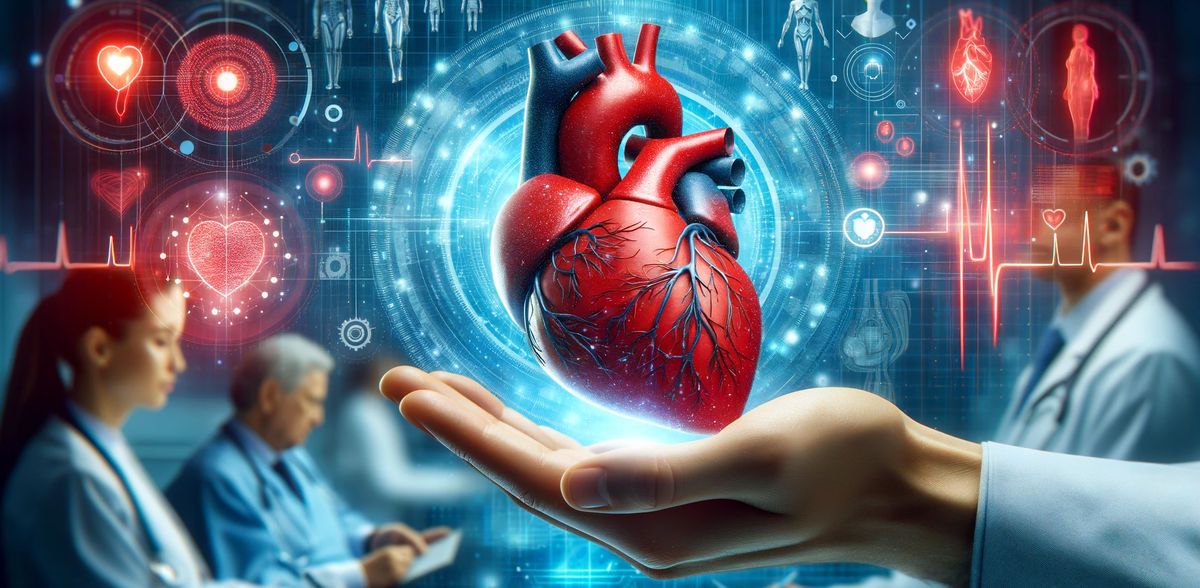How AI is Revolutionizing the Detection and Treatment of Heart Disease
 Subhankar Halder
Subhankar Halder
Heart disease is the leading cause of death globally — but what if we could catch it earlier, predict risks more accurately, and personalize treatments better than ever before?
Thanks to Artificial Intelligence (AI), that future is already becoming a reality.
AI is transforming the field of cardiology by making heart disease easier to detect, monitor, and treat — with greater speed and precision than traditional methods.

How AI Helps in Heart Disease Detection-
1. Early Diagnosis from Medical Imaging
AI algorithms, especially deep learning models, are trained to analyze:
ECGs (electrocardiograms)
Echocardiograms (ultrasound of the heart)
CT and MRI scans
These AI systems can spot subtle patterns that even experienced cardiologists might miss, identifying early signs of heart disease like artery blockages or valve problems.
For example, AI can detect atrial fibrillation (an irregular heartbeat linked to stroke) from ECGs faster than traditional interpretation methods.

2. Risk Prediction Models
Using data from:
Electronic health records (EHRs)
Genetic information
Lifestyle factors (like smoking, exercise, diet)
AI models can predict an individual's risk of developing heart disease years before symptoms appear.
This allows doctors to intervene early with lifestyle advice, medication, or closer monitoring.
Example:
An AI tool developed by researchers at Google Health can analyze retinal images and accurately predict heart attack risks — just from a scan of the eye!

3. Remote Monitoring with Wearables
Smartwatches and fitness trackers powered by AI (like the Apple Watch) can:
Monitor heart rate
Detect abnormal rhythms
Alert users to seek medical care immediately
This is life-saving, especially for patients with conditions like arrhythmias who may not realize they are in danger until it’s too late.
AI in Treatment and Management of Heart Disease
1. Personalized Treatment Plans
Instead of a "one-size-fits-all" approach, AI can recommend personalized therapies based on a patient’s unique profile — genetics, past medical history, lifestyle, and even response to medications.
2. Robotic-Assisted Surgery
AI is enhancing precision in heart surgeries with robotic assistance, minimizing risks, reducing recovery time, and improving outcomes.
3. Predicting Surgical Outcomes
AI models help doctors estimate the risk of complications before performing complex procedures like heart bypass surgeries — helping them plan better and prepare patients accordingly.

Challenges to Overcome
While the potential is exciting, there are important challenges:
Data Privacy: Sensitive health data must be protected.
Bias: AI models must be trained on diverse populations to avoid healthcare inequality.
Regulation: AI tools must be rigorously tested and approved to ensure they are safe and effective.
The Future of AI in Heart Care
In the coming years, we can expect:
AI-powered virtual cardiologists available 24/7
Predictive AI models that prevent heart attacks before they happen
Real-time heart health tracking personalized to each individual
AI won’t replace doctors — but it will empower them to offer faster, smarter, and more life-saving care.

Final Thought:
In the battle against heart disease, AI is proving to be one of humanity’s strongest allies — offering hope, precision, and a healthier future for all.
Subscribe to my newsletter
Read articles from Subhankar Halder directly inside your inbox. Subscribe to the newsletter, and don't miss out.
Written by
